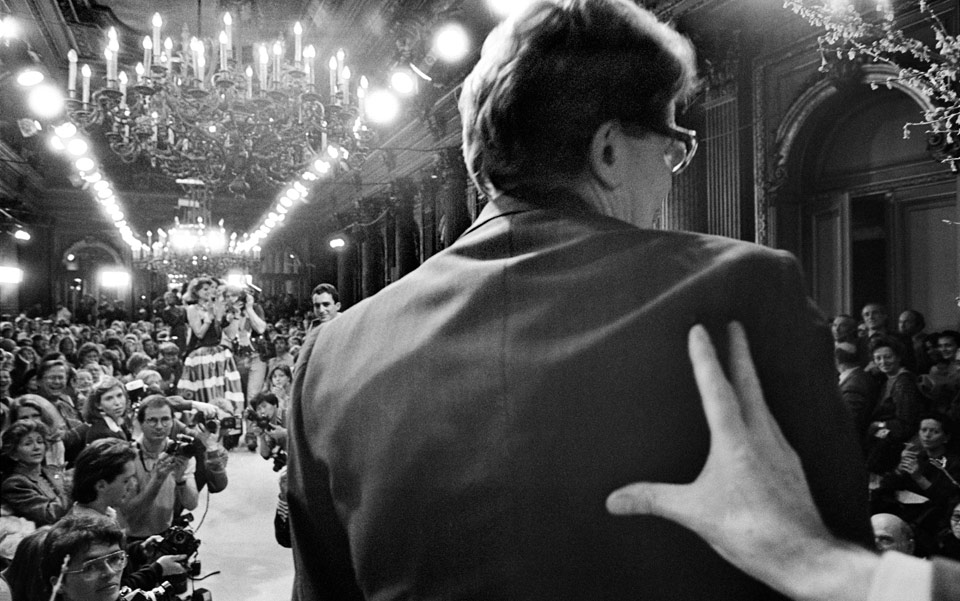Physical Address
304 North Cardinal St.
Dorchester Center, MA 02124

“There’s zero correlation between being the best talker and having the best ideas.”
 America is an extroverted society. The loudest talkers, the slickest presenters, the most confident speakers get the most attention. They are often our movie stars, our news readers, our politicians, and our business leaders. Which makes sense. It generally takes an outgoing personality to raise money from venture capitalists, to go on television, to argue for ideas in the “war room”, or to get up in front of a group of employees with confidence and talk about the future of a company.
America is an extroverted society. The loudest talkers, the slickest presenters, the most confident speakers get the most attention. They are often our movie stars, our news readers, our politicians, and our business leaders. Which makes sense. It generally takes an outgoing personality to raise money from venture capitalists, to go on television, to argue for ideas in the “war room”, or to get up in front of a group of employees with confidence and talk about the future of a company.
So we assume that the best leaders are extroverts—the people who fill this role easily.
That may be wrong.
 In her book, Quiet: The Power of Introverts in a World that Can’t Stop Talking, Susan Cain argues that we may be putting too much of a premium on skills like presenting and not enough emphasis on substance and critical thinking.
In her book, Quiet: The Power of Introverts in a World that Can’t Stop Talking, Susan Cain argues that we may be putting too much of a premium on skills like presenting and not enough emphasis on substance and critical thinking.
There is no correlation between “more talking” and “better thinking”.
In fact, the opposite may be true.
In his book, Good to Great, Jim Collins notes that he was surprised to discover that one of the things the eleven “great” companies he studied had in common was an introverted leader. Those leaders were described as quiet, humble, modest, reserved, shy, gracious, mild-mannered, self-effacing, and understated.
Those aren’t exactly the traits we think of when we see Donald Trump on The Apprentice or Richard Branson’s Quest for the Best.
Again, from Ms. Cain’s book, “The lesson is clear. We don’t need giant personalities to transform companies. We need leaders who build not their own egos but the institutions they run.”
But all that is anecdotal, right? Is there any science about the difference between companies or teams led by introverts versus extroverts?
As a matter of fact, there is. And it is very interesting. Ms. Cain tells of two different studies that showed introverts were indeed better leaders (but only when the people they were leading were actively contributing their own ideas, the kind of employees most small business owners love to hire). Here’s what she reports:
“In the first study, Grant and his colleagues analyzed data from one of the five biggest pizza chains in the United States. They discovered that the weekly profits of the stores managed by extroverts were 16 percent higher than the profits of those led by introverts—but only when the employees were passive types who tended to do their job without exercising initiative. Introverted leaders had the exact opposite results. When they worked with employees who actively tried to improve work procedures, their stores outperformed those led by extroverts by more than 14 percent.
In the second study, Grant’s team divided 163 college students into competing teams charged with folding as many T-shirts as possible in ten minutes. Unbeknownst to the participants, each team included two actors. In some teams, the two actors acted passively, following the leader’s instructions. In other teams, one of the actors said, ‘I wonder if there’s a more efficient way to do this.’ The other actor replied that he had a friend from Japan who had a faster way to fold shirts. ‘It might take a minute or two to teach you,’ the actor told the leader, ‘but do we want to try it?’
The results were striking. The introverted leaders were 20 percent more likely to follow the suggestion—and their teams had 24 percent better results that the teams of the extroverted leaders. When the followers were not proactive, though—when they simply did as the leader instructed without suggesting their own shirt folding methods—the teams led by extroverts outperformed those led by the introverts by 22 percent.
Why did these leaders’ effectiveness turn on whether their employees were passive or proactive? Grant says it makes sense that introverts are uniquely good at leading initiative-takers. Because of their inclination to listen to others and lack of interest in dominating social situations, introverts are more likely to hear and implement suggestions. Having benefited from the talents of their followers, they are then likely to motivate them to be even more proactive. Introverted leaders create a virtuous circle of proactivity, in other words.”
There’s a lot more in the book worth reading. How it was introverts who saw the Wall Street melt down coming long before 2008. How an introvert (Steve Wozniak) created the first personal computer. And how extroverts help perpetuate “group think”.
Get the book. Then hire an introvert. It could make a huge difference in your business success.